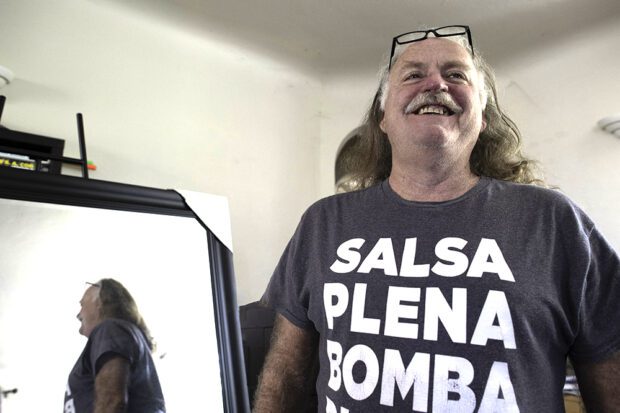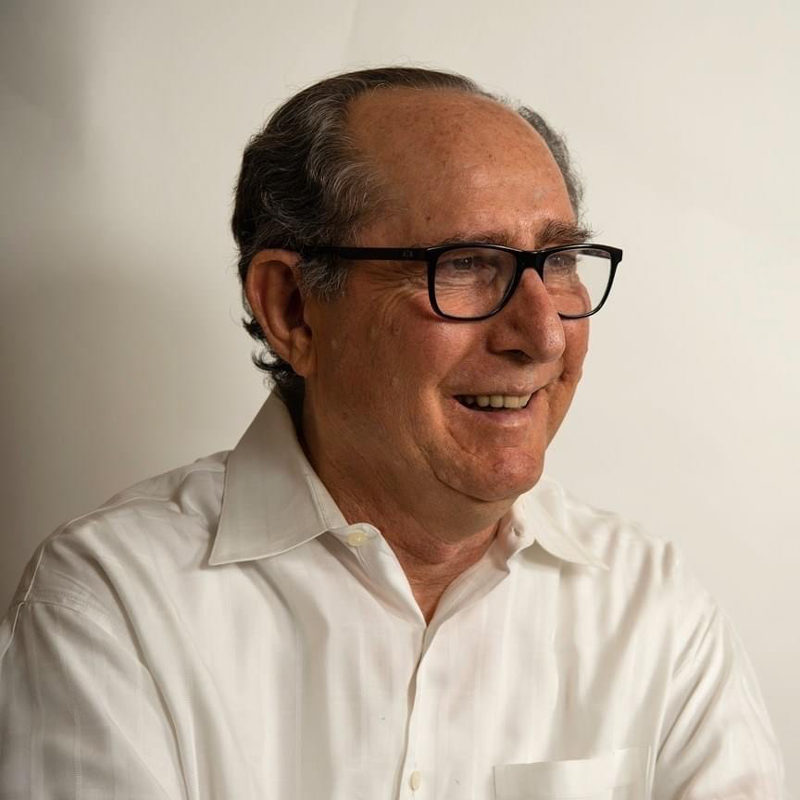
The Fresno County Board of Supervisors voted on Aug. 19 to stop funding a space for Fresno’s Whole Person Harm Reduction Program in the County Department of Public Health building on Fulton Street.
The San Joaquin Valley Free Medical Clinic and Needle Exchange ran a needle exchange there on Saturdays. The Needle Exchange will continue operating for now as it did before the County funding began, nearly two years ago—out of a trailer.
Participants at the Needle Exchange are provided with syringes and pipes. It also distributes Narcan, a drug that treats opioid overdoses. Its medical model is to mitigate risk to the lives of intravenous drug users, who can easily overdose, or contract AIDS or hepatitis C from sharing needles.
The Needle Exchange has been around for 31 years. It was illegal—but tolerated—for its first 15 years, operating underground while there was a law on the books prohibiting distribution of drug paraphernalia. Fresno’s Needle Exchange was part of the legal challenge that overturned the paraphernalia statute.
After Big Pharma settled multibillion-dollar lawsuits over opioid misuse starting in 2001, some of the money was made available to the State of California for harm reduction, and some of that money came to Fresno’s Needle Exchange program, which has a $450,000 annual budget. The value of the office at the Health Department was $90,000 a year, which was mostly overhead—for utilities, security, janitorial services and so on.
Dallas Blanchard has been with the Needle Exchange for 29 years and has been paid part-time since 2021. “I don’t see it as work,” he said. “I see it as a social justice issue that I’m very active with, addressing the needs of highly marginalized folks [while] a large segment of society still thinks that it’s OK to just let them die.”
Blanchard went on, “I would like to thank the supervisors for allowing us to be there for the 20 months that we were there. From our being there, we were able to improve the quality of our services.
“In the future, we are looking at renting a storefront drop-in center where we can provide our services. Not on the streets, especially in our Fresno summers, because it kind of gets old sitting in 110-degree weather for hours. And it’s not easy on our participants either.
“We could have an indoor location where they can come in, sit down and get away from the stress of the streets, even if it’s just for half an hour. We have the funding to do that. It’s just finding the landlord that’s willing to rent to us that has been problematic. And once we have that space, we can expand our services to multiple days.”
The exchange is a low-barrier health service. It has two doctors working: One sees people for medical ailments that come from drug use, such as abscesses at injection sites. The other provides medication-assisted treatment, prescribing a methadone-like drug, epinephrine, and Suboxone, which knocks opioids out of a person’s system while taking away some of their withdrawal symptoms.
Blanchard said methamphetamine is the drug most often being used by the exchange’s participants. He said, “It’s probably 60:40 with meth and opiates. We don’t break down the different types of opiates because there’s dozens of them. But opiate use is going more toward fentanyl.”
Fentanyl is so concentrated that it is easy to overdose. The pipes the program dispenses are intended in part to allow for “testing your shot.” If an addict is using fentanyl, it is hard to tell how much to use, and an overdose can be fatal. The strength of fentanyl varies, so trying a little bit smoked in a pipe can let the user know how much would be too much.
The number of pipes provided by the exchange has increased, and less needles are being dispensed. In its time at the Public Health office, the needle exchange gave out 8,000–10,000 needles a week. Previously, they gave out 16,000–20,000.
“The reduction is because of the increased number of pipes that we give out. People are choosing to smoke their drugs rather than inject them,” Blanchard said. “We were giving 220 pipes away each week at the Health Department…Overall, people took about half as many syringes when pipes were included.”
“People were like, ‘yeah, I am tired of seeing my friends die and I don’t want to join them,’” Blanchard said. “So, they were looking at ways to reduce the amount of harm they’re doing to themselves.”
The Needle Exchange is currently open 9 a.m.–noon on Saturdays in the cul-de-sac at the end of West Hedges Avenue in West Fresno.

